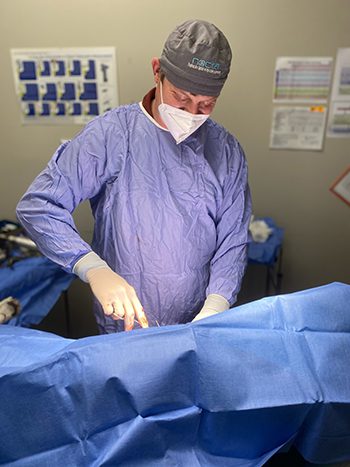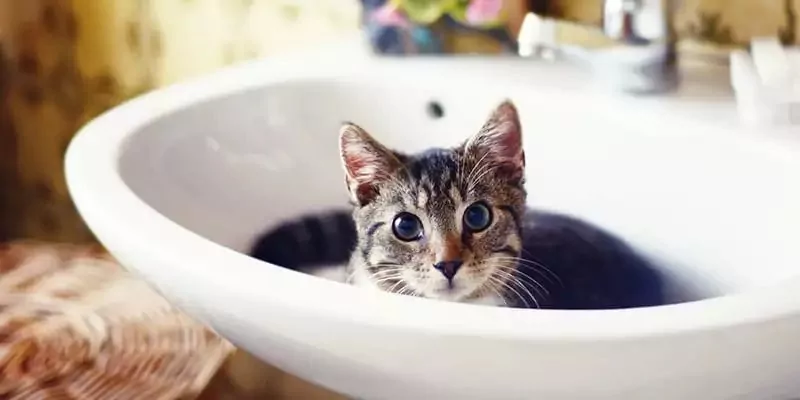
Spay and Neuter
We strongly recommend spaying and neutering for most, if not all, of our canine and feline patients. Pet spay and neuter surgeries are an effective preventive measure against future health problems, and can also reduce certain unruly behaviors.
Your pet’s safety is always our foremost priority here at our animal hospital in Orland Park, IL, which is why we take the time to get to know your pet and fully evaluate their health before proceeding to surgery. Our knowledgeable veterinarians and supporting team members treat every patient as an individual, and strive each day to help owners make the best decisions for their pets.
The Benefits of Pet Spay and Neuter Surgeries
Spaying and neutering animals can go a long way towards reducing pet overpopulation, but it can also benefit dogs and cats in several ways from a health standpoint:
Spaying Females:
- Prevents the heat cycle
- Prevents spotting
- Reduces or prevents roaming tendencies
- Prevents the uterine infection known as ‘pyometra’
- Prevents the development of mammary tumors
Neutering Males:
- Reduces or prevents the potential for aggressive behavior
- Reduces or prevents marking/spraying
- Can prevent roaming tendencies
- Prevents testicular cancer from developing
- Prevents enlarged prostate development
Spay and neuter surgeries can reduce or prevent serious health issues in dogs and cats, but they can also reduce or eliminate destructive hormonal behaviors. The benefits of spaying and neutering often far outweigh the risks, resulting in a healthier, happier pet and a more harmonious relationship with your family.
We take an individualized approach to every spay/neuter surgery, and your veterinarian will help you choose the best time for your pet to undergo the procedure.


When Your Pet Should Be Spayed or Neutered
The appropriate age range for spaying and neutering pets is about 4-6 months. Females usually begin their heat cycle at about 7 months of age, so it is best to perform the surgery before that occurs. Depending on your pet’s size and health status, their spay or neuter surgery might fall outside of this range, but this is not common.
It is important that we see your pet for their exams, vaccinations, and bloodwork before taking them into surgery. As with any other surgical procedure, we need to make sure your pet can safely metabolize the anesthetic, and minimize all possible risks as much as possible. We will never perform surgery on a patient if they show signs of an underlying illness.
Ultimately, the date of your pet’s spay or neuter procedure must be set by you and your veterinarian. If you have any questions about surgery for your pet, give us a call at (708) 478-7788 or stop in to schedule a consultation with your veterinarian.

